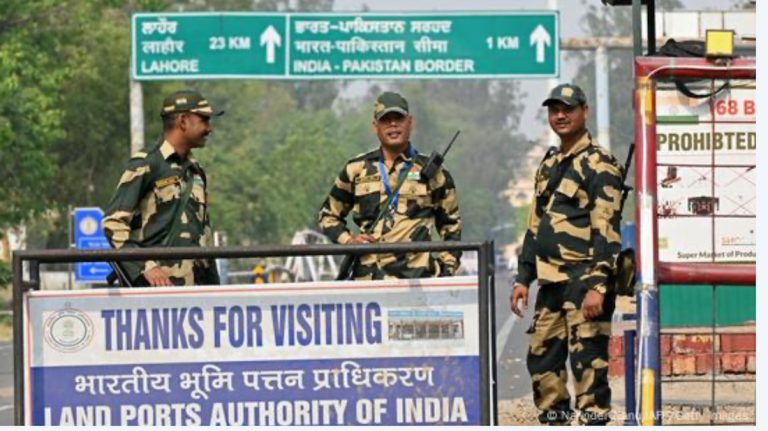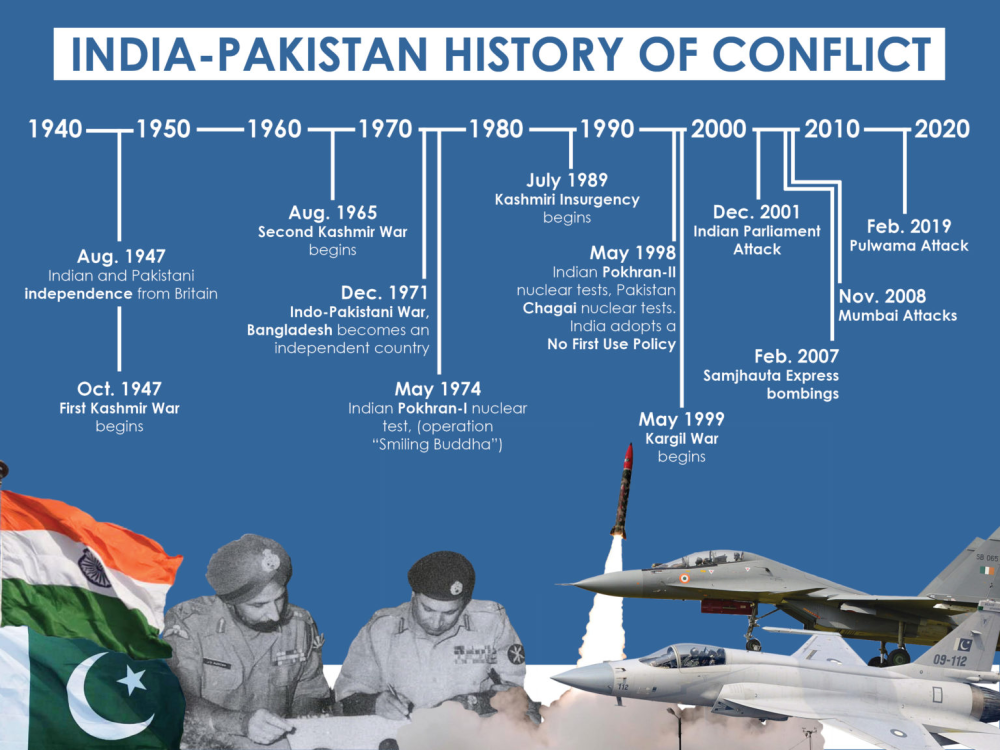
Guterres Warns India, Pakistan of ‘Tragic Consequences’ as Kashmir Tensions Escalate
New York, N.Y. – United Nations Secretary-General António Guterres has issued a stark warning to India and Pakistan, urging both nuclear-armed neighbors to avoid actions that could lead to “tragic consequences” amid escalating tensions over Kashmir.
The appeal comes after a deadly attack in the disputed region raised fears of a broader military confrontation, with Pakistan claiming it has “credible intelligence” that India is planning an imminent strike.
U.N. Chief Calls for Restraint
Speaking from U.N. headquarters, Guterres expressed deep concern over the deteriorating situation in Kashmir, where a recent militant attack killed at several security personnel. He emphasized that dialogue, not military action, is the only path to lasting peace.
“The world cannot afford another conflict between India and Pakistan,” Guterres said. “I urge both nations to exercise maximum restraint and prioritize diplomatic solutions to prevent further bloodshed.”
Pakistan Alleges Indian Military Plans
Pakistan’s Foreign Ministry issued a statement claiming it had received intelligence indicating India was preparing a “large-scale military operation” in response to the Kashmir attack. Islamabad warned of “severe repercussions” if Delhi proceeds, raising fears of a repeat of the 2019 standoff when both countries conducted airstrikes following a similar incident.
Indian officials have dismissed Pakistan’s claims as “baseless propaganda,” insisting that any response would be measured and targeted at militant groups rather than Pakistan itself. However, Indian Prime Minister Narendra Modi vowed a “strong reply” to the attack, fueling speculation of impending retaliation.
The Himalayan region of Kashmir has been a contentious issue since the partition of
British India in 1947, with both countries claiming it in full but controlling only parts.
Kashmir: A Perpetual Flashpoint
Decades of insurgency, military crackdowns, and cross-border skirmishes have kept tensions high, with occasional flare-ups threatening regional stability.
The latest violence comes as India prepares for national elections, with analysts warning that political rhetoric could further inflame the situation. Meanwhile, Pakistan’s fragile economy and internal instability add another layer of volatility to the crisis.

International Calls for De-escalation
The U.S., China, and other global powers have joined the U.N. in calling for restraint. Washington reportedly engaged in backchannel diplomacy to prevent an escalation, while Beijing—a close ally of Pakistan—urged both sides to resolve differences through dialogue.
However, with nationalist sentiments running high in both countries, the risk of miscalculation remains severe. Experts warn that even a limited military exchange could spiral out of control, given both nations’ nuclear capabilities.
What Happens Next?
As the world watches anxiously, the coming days will be critical in determining whether diplomacy prevails or the region edges closer to another devastating conflict. For now, Guterres’ warning serves as a sobering reminder of what’s at stake.
U.N. Chief Urges Restraint as India-Pakistan Conflict Fears Grow (May 2, 2025)
#IndiaPakistanTensions #KashmirConflict #UNWarning #Guterres
#PeaceNow #StopWar #SouthAsiaCrisis #DeEscalate #KashmirViolence
Tags: India, Pakistan, Kashmir, U.N., Antonio Guterres,
military strike, conflict, diplomacy, South Asia, terrorism
